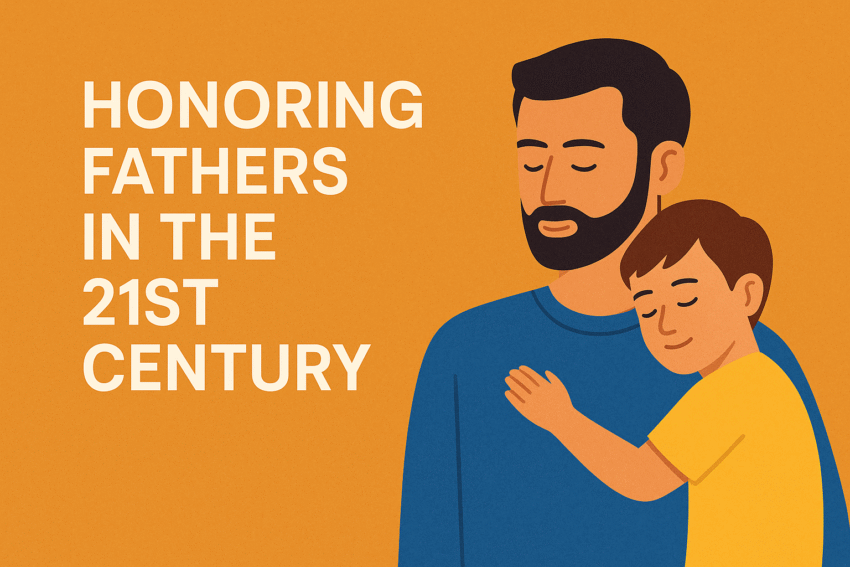Father’s Day is more than just a date on the calendar. It’s a deeply personal and collective opportunity to honor the men—fathers, father-figures, and male mentors—who shape lives, provide strength, and help build character in the people they care for. In the 21st century, what it means to be a father is evolving, expanding far beyond the traditional definitions that once confined it.
Fatherhood Redefined
In today’s world, fatherhood is less about rigid roles and more about presence, emotional availability, and intentional influence. Biological fathers share the stage with adoptive dads, stepfathers, uncles, grandfathers, and mentors who assume the mantle of guidance and care. The love and leadership they provide aren’t measured by DNA, but by consistency, compassion, and character.
The Privileges, Joys, and Struggles of Fatherhood
Being a father offers the privilege of watching life unfold—one milestone, one struggle, one laugh at a time. From sleepless nights to school recitals, to the deep conversations during adolescence, fatherhood is a journey of perpetual learning. It also brings profound joy: the first “I love you,” the pride of seeing a child grow into their own, and the silent rewards of everyday moments.
But fatherhood isn’t without challenges. Many fathers still struggle to balance work, personal health, and family life—often without adequate emotional support or social validation. In some cultures, outdated norms discourage men from being vulnerable, while in others, systemic issues (like wage inequality, parental leave policies, and mental health stigma) disproportionately burden working fathers.
The Societal Landscape of Modern Fatherhood
Modern fathers are navigating a world transformed by globalization, technology, shifting gender roles, and political polarization. Social media offers constant comparison, while job instability and economic inequality add pressure. Culturally, men are now expected to be both providers and nurturers—a shift that is powerful, yet demanding.
Political and economic systems often lag behind in supporting this shift. In the U.S., paternity leave remains limited. Mental health resources tailored to men are few. And fathers in marginalized communities often face disproportionate scrutiny or reduced access to parental rights and opportunities.
The Role of Fathers Moving Forward
Fathers today are not just caregivers—they are coaches, co-parents, advocates, and community builders. The future of fatherhood demands courage: to challenge toxic masculinity, to support emotional literacy, and to foster equitable relationships at home and beyond. It also calls for societal systems to evolve in support of more inclusive, sustainable, and empowered parenting structures.
On this Father’s Day, let’s celebrate the dads who show up and speak up. Let’s honor those whose fatherhood is defined not by perfection but by presence. And let’s ensure the path forward includes policies, programs, and cultural shifts that support the men shaping tomorrow, one child at a time.


